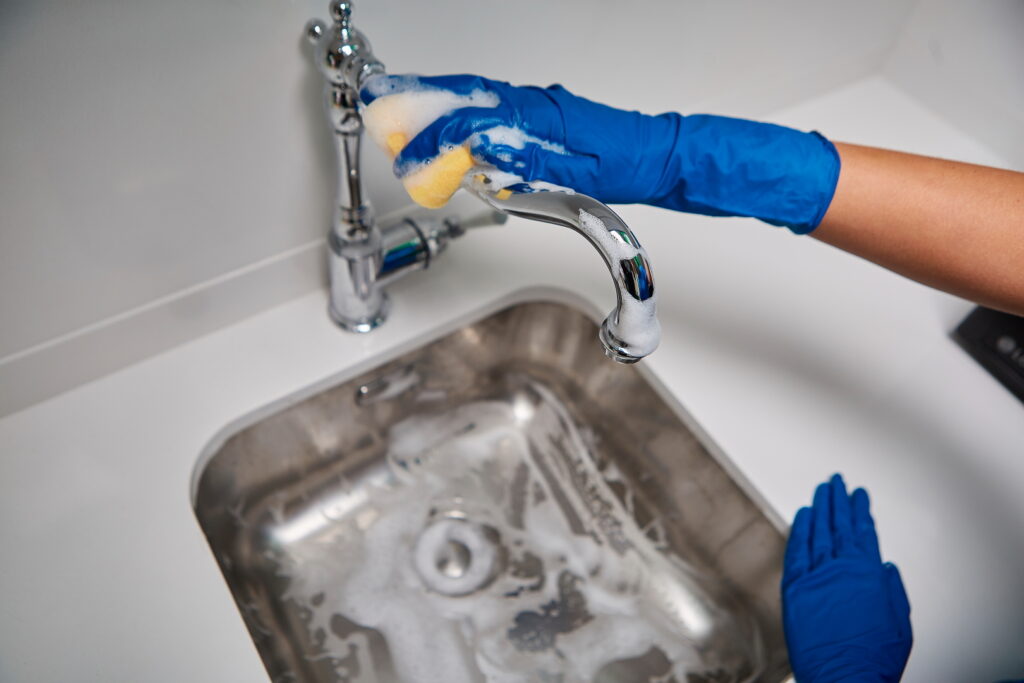How to keep your small office clean: 5 essential tips to boost productivity and hygiene
In today's fast-paced business landscape, maintaining a clean and organized workspace is essential for small businesses seeking to optimize productivity and ensure employee well-being. An inviting environment can energize your team, reduce absenteeism, and leave a lasting impression on clients. But how can small businesses ensure their office spaces are efficient and spotless without heavy investments? This guide uncovers the best office cleaning practices tailored for small businesses, answering common questions and providing actionable insights to transform your workspace. From leveraging innovative cleaning technology to organizing efficient cleaning schedules, you'll find everything needed to keep your office pristine and professional.


Why is Office Cleaning Important for Small Businesses?
Clean offices not only improve employees' efficiency but also reduce health risks, enhancing overall productivity. According to a recent study, a hygienic workspace can increase productivity by 9% and reduce employee sick days by 30% annually.Frequently Asked Questions
How Often Should a Small Office Be Cleaned? The frequency of cleaning depends on the number of employees and the nature of the business. Generally, daily cleaning of high-touch surfaces and weekly deep cleaning are recommended to maintain optimal hygiene. What Are Cost-Effective Cleaning Tips for Small Businesses?- Self-Clean Alerts: Encourage employees to maintain their workstations using desk organizers and waste bins.
- Multi-purpose Cleaners: Invest in effective multipurpose cleaning products to reduce costs.
- Eco-Friendly Practices: Use biodegradable cleaning supplies and encourage energy conservation, reducing expenses while promoting environmental responsibility.
- Create a Cleaning Schedule: Clearly designate cleaning tasks assigned to employees, and regularly rotate duties to ensure collaboration.
- Use Technology: Integrate cleaning robots or smart vacuums to assist with daily tasks.
- High-Traffic Areas: Special attention must be given to areas like entryways, restrooms, and kitchens, which experience high footfall.
- Employee Desks: Even in a small space, keeping individual workstations tidy is paramount to maintain cleanliness and order.
Outlining a Cleaning Routine
- Daily Tasks:
- Disinfect desks, doorknobs, and communal electronics.
- Empty waste bins and ensure bathrooms are spotless.
- Weekly Tasks:
- Deep clean floors and upholstery.
- Address any maintenance issues like flickering lights or leaking taps.
- Monthly Tasks:
- Conduct detailed cleanups of entire office departments.
- Perform inventory checks on cleaning supplies.
Harnessing Emotional and Business Intelligence
A clean office isn't just about physical appearance; it's about promoting a culture of care and professionalism. By investing in routine cleaning, you're signaling value in team members' psychological and physical well-being. As a result, employees can focus better, network effortlessly, and venture into business growth without distraction.Conclusion
A systematic approach to office cleaning is the key to unlocking unparalleled productivity and fostering employee well-being in small businesses. By implementing these expert-backed tips, any small business owner can maintain a polished environment that benefits everyone involved. Act now to create a space that champions cleanliness, as your gateway to improved business operations. Remember, a tidy workspace is a happy, productive workspace! By investing a little time and deploying smart strategies, your small business can thrive amidst competition and challenges, powered by cleanliness and order.Rate the article















